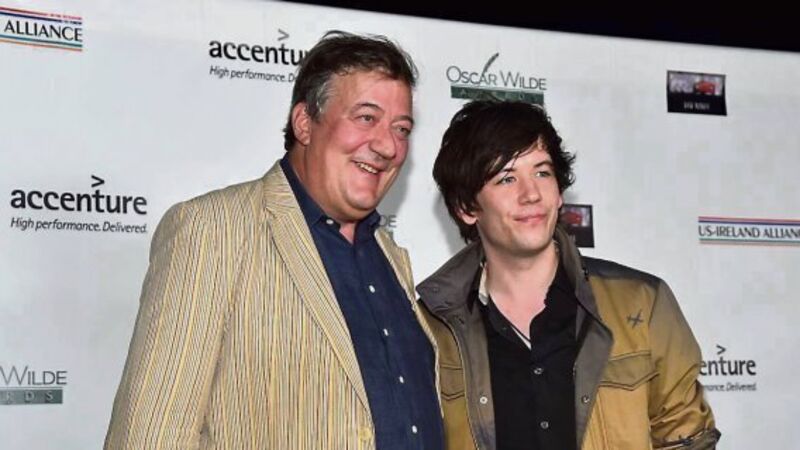Gays should be allowed marry the person they love. It’s that simple

I take anniversaries seriously, partly because of the mistake I made on our first. (If you’ve ever seen the look on your wife’s face when you gave her a kitchen implement on her wedding anniversary, it teaches you a life-long lesson.)
Ever since, I have relied on a famous list compiled by the librarians of the Chicago Public Library (it’s online, if you have a wedding anniversary coming up). This year, the gift they recommend is travel.















